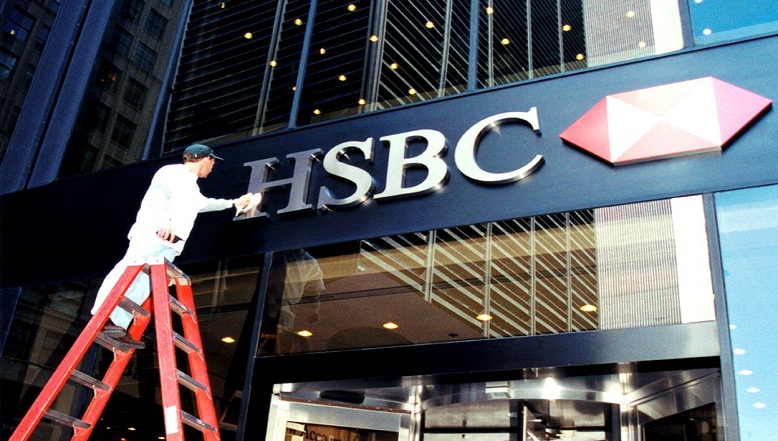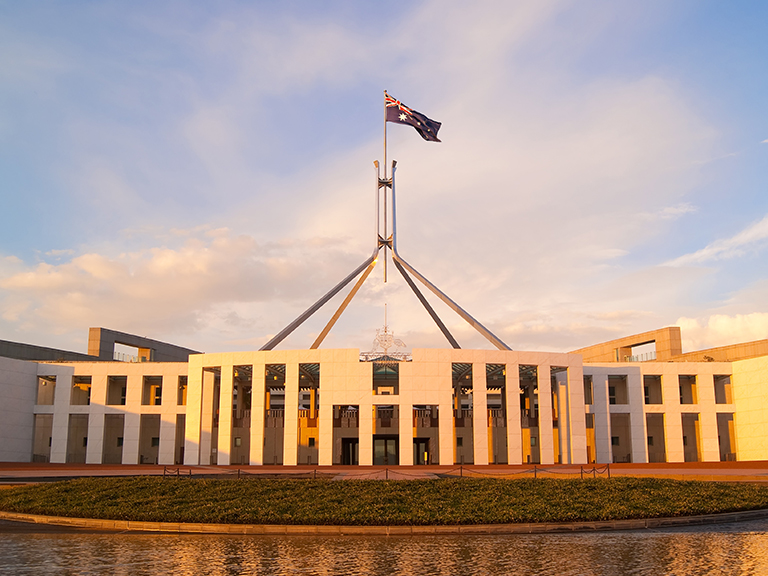The Hongkong and Shanghai Banking Corporation Limited opened in Hong Kong on 3 March 1865 and in Shanghai one month later. It was the first locally owned bank to operate according to Scottish banking principles.
HSBC in Malta
The status of the bank was changed to that of a public limited liability company in 1997. In the same year it changed its name to Mid-Med Bank plc. In 1999 the bank changed its name again to HSBC Bank Malta plc. The bank provides a comprehensive range of financial services including Retail Banking and Wealth Management, Commercial Banking and Global Banking and Markets. Through a number of specialised subsidiary companies, the bank is also active in the areas of life assurance and fund management.
Malta fact sheet
Find out more about HSBC Malta (3-page PDF 451KB)
Sustainability
Sustainability is central to the way we operate at HSBC and we recognise that we have a responsibility that spreads wider than simply being profitable.
Find out more about sustainability at HSBC on our corporate website
Malta Corporate Social Responsibility (CSR) Institute
The scarcity of water on the Maltese Islands has always been an issue since documented history and meeting the demand for both municipal water supply as well as the needs of the agricultural and commercial sectors has always proved to be a challenge. The HSBC Malta CSR Institute aims to help our large workforce and members of public implement sustainable practices in their workplace and community with a special focus on water conservation and awareness.
Caring for disadvantaged children, the environment and heritage
The HSBC Malta Foundation is committed to investing in the community and looks to bring about lasting benefit in society. We make this happen by raising funds and supporting programmes for disadvantaged children, the environment and the country’s heritage.
We work closely with a number of respected local businesses and not-for-profit organisations. We aim to make long-term social investments and form partnerships rather than simply making donations. We take pride in HSBC staff who contribute to the charities and causes that they feel passionate about and we encourage our people to take an active role in initiatives supported by the HSBC Malta Foundation. We work with the wider HSBC Group and make the most of its resources and capabilities to help benefit the Maltese community.
For details about HSBC’s global operations, Group board members and financial results, go to our corporate website
HSBC Group history timeline
Quantum computers’ ‘ChatGPT moment’ is coming
The world is on the cusp of a quantum revolution and we must be ready for the opportunities and threats that will bring, says Philip Intallura.
Indecision is Australia Inc’s biggest risk
The government and businesses must work in tandem to avoid missing out on enticing opportunities in Southeast Asia, says Antony Shaw.
Humans + machines = an ethical AI future
It’s vital that when humans and machines work together, artificial intelligence is used responsibly and ethically, says EJ Achtner.
















